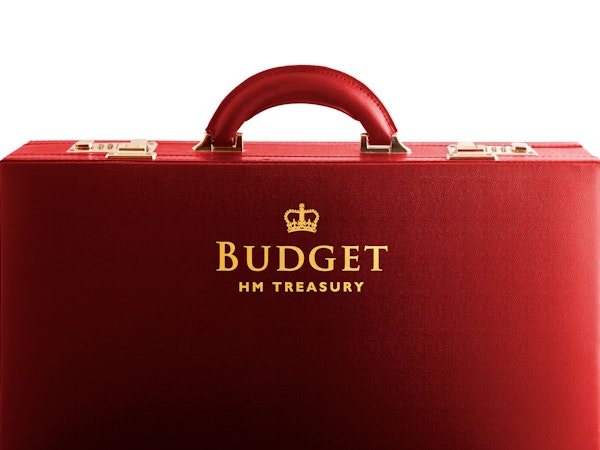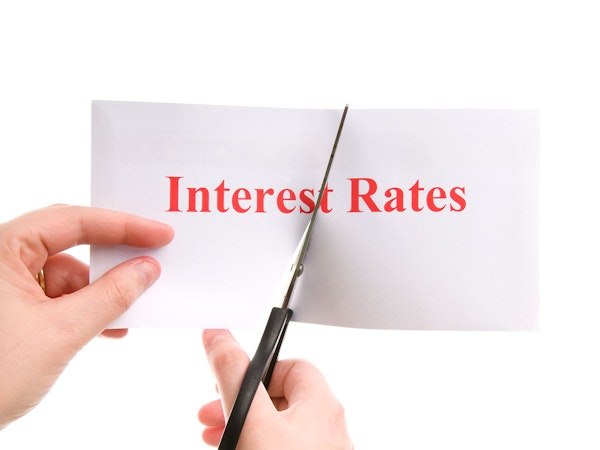NICS – a tax by any other name?
The new National Insurance Contributions (NICs) scales for 2020/21 were announced ahead of March’s Budget, with one slight surprise hidden in the numbers.

Are NICs a tax?
Over many years, Chancellors have tried to convince the public that they are not. It has always seemed easier to say that NICs are going up by 1% than to announce the same increase in income tax rates, even if the net effect for the working population is virtually the same. NICs are still vaguely associated with the NHS and social security benefits in the public’s mind, partly because qualification for some benefit entitlements depends upon NIC payments. However, from the Treasury’s viewpoint, NICs are just another source of revenue.
This year the Treasury seems to have decided – at least temporarily – that NICs are a tax. At the end of January, it ran a news story with the headline “31 million taxpayers to get April tax cut”. It sounded like an official Budget leak, but it wasn’t.
The announcement referred to an increase in the level at which employees and the self-employed start to pay NICs. As trailed in the Conservative party’s election manifesto, this trigger point will rise from £8,632 in 2019/20 to £9,500 in 2020/21. In practice the limit would have risen to £8,788 anyway, as it is automatically inflation-proofed unless the Chancellor decides otherwise.
The net result is a maximum saving of around £104 a year if you are employed and pay class 1 NICs and £78 if you are self-employed paying class 4 NICs. The Treasury’s new release says that “…the government has set out an ambition to raise the National Insurance thresholds to £12,500”, but that aspiration – worth up to another £360 a year – has no timescale attached to it.
If you are an employer, you may be surprised to learn that the threshold at which employer class 1 NICs for an employee start to be charged in 2020/21 will not rise to £9,500 but benefits only from the inflationary uplift to £8,788.
The maximum combined employer/employee rate of NICs is 25.8% (13.8% + 12%), so NIC planning can be as important as other tax planning. For the options available to you – as an employer, employee or self-employed – you need expert advice.
Tax laws can change. The Financial Conduct Authority does not regulate tax advice.





